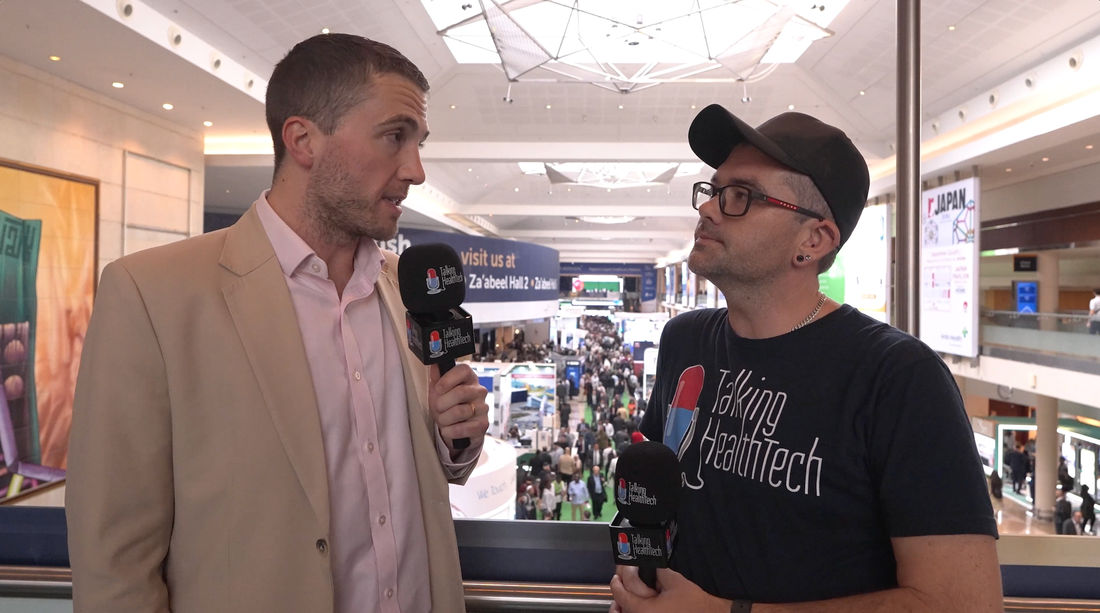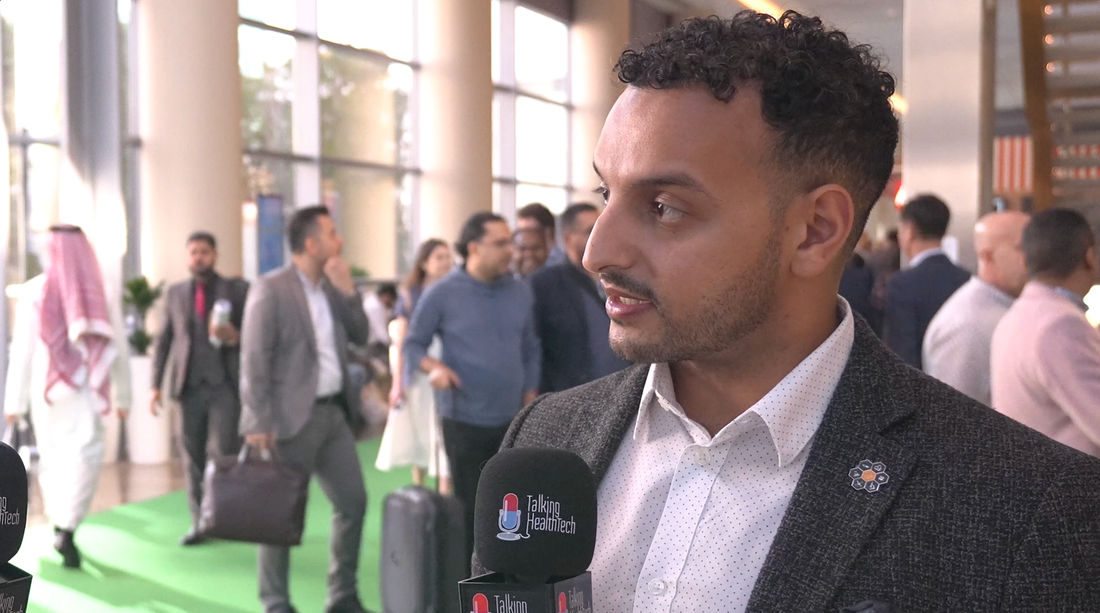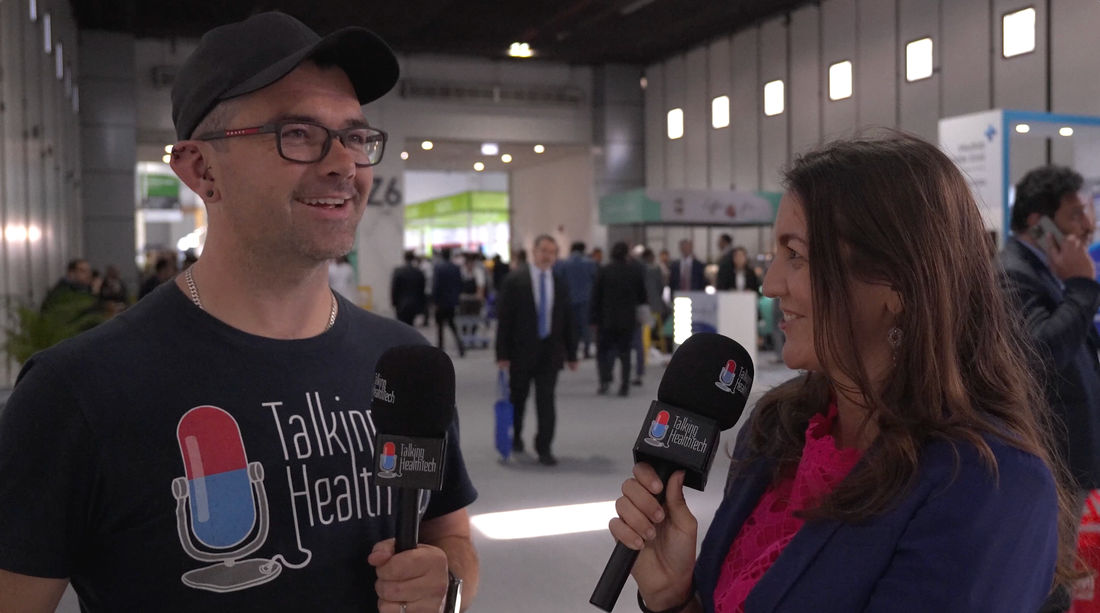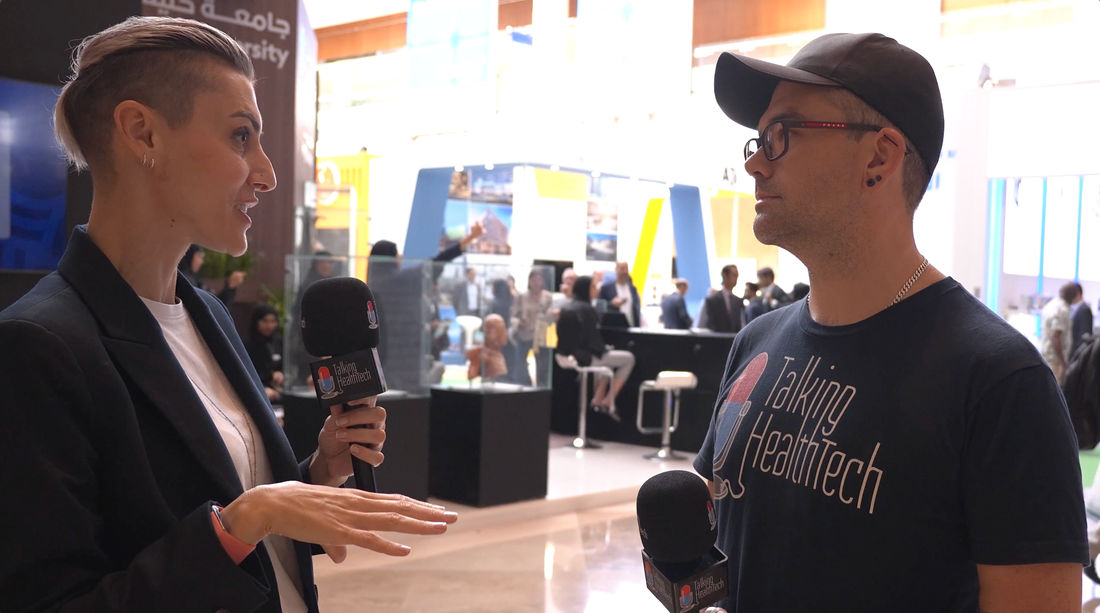Talking HealthTech: 423 – Arab Health 2024 Feature Episode
Source: talkinghealthtech.com
Provided by:
Talking HealthTech
Published on:
22 March 2024
The application of technology in healthcare services can potentially revolutionise not just healthcare delivery but the overall structure of healthcare systems.
In this episode of Talking HealthTech, experts from the United Arab Emirates, Saudi Arabia, and the broader GCC shed light on how health technologies are transforming patient care in the Middle East. They delve into the region’s peculiarities and the eagerness to foster a technology-embracing healthcare environment.
Innovations and Challenges in Middle Eastern Healthcare
The Middle Eastern healthcare landscape is marked by its youthful demographic, which leads to distinct healthcare challenges and opportunities. According to Mazin Gadir, the region is increasingly addressing its healthcare needs with a focus on genomics and personalised medicine. As he aptly puts it, “At the intersection of tradition and innovation lies the future of personalised healthcare in the Middle East.”
Mazin highlights the impact of mass migration and conflicts, pointing out the necessity to custom-build robust health technologies that are culturally sensitive and locally relevant. In parallel, strategies to address an impending ageing populationare also a critical concern, calling for sustainable solutions in healthcare provision.

Digital Transformation and Technological Advancements
Over the past decade and a half, countries like the UAE have experienced significant strides in healthcare transformation. The digitalisation of hospital information systems stands testament to the region’s forward-thinking approach. Novel interplays between various healthcare stakeholders in the Middle East demonstrate the maturing nature of the regulatory landscape that is increasingly nurturing innovations.
Thom Soutter, representing Synapse Medical at Arab Health, emphasised the region’s commitment to sustainable health systems, “There’s palpable excitement with the movement towards innovation-led healthcare, driving economic sustainability and enriching the quality of life indicators.”
With the pursuit of innovation comes a radical shift in healthcare economies towards research and sustainability, as is evident from the ongoing efforts in countries like the UAE and Saudi Arabia. Healthcare, in this regard, is not just seen as a service but as an investment sector with national security implications.
Focusing on Basic Health Principles and Lifestyle Modifications
Among the discussions, a recurring theme was the focus on basic health principles such as exercise, good diet, sleep, and stress management. Technology here serves as an enabler, promoting healthier living among populations with high prevalence rates of lifestyle diseases like diabetes, as highlighted by Dr. Meshari F. Alwashimi. As he said, “Technology is instrumental in reshaping societal habits to embrace more wholesome lifestyles.”

Global Challenges and Local Solutions
While there are shared global health challenges, the Middle Eastern region’s response showcases its unique position. For instance, during the Covid-19 pandemic, the UAE’s ability to keep crucial systems such as the Dubai airport operational highlighted the agility and resilience of the region’s healthcare strategy. Ahmed Banna, a pharmacist and management consultant, underscored the significance of local context in resolving these challenges, “Global trends require local lenses to ensure healthcare innovations are culturally compatible and efficiently executed.”
Spending Versus Needs in Healthcare
With around 4.5% of the UAE’s GDP geared towards healthcare spending, the region is conscious of the widening gap between healthcare costs and patient needs, especially with diseases like diabetes and cardiovascular conditions on the rise. Recognising this, the region is making strides to report positively on environmental, social, and governance goals.

Health Optimisation and Personalisation
Personalised health approaches are becoming increasingly prominent, and as Hinda Daggag articulates, “The future of healthcare lies in personalisation, bringing about a transformative paradigm that centres on the well-being of each individual.”
Daggag further accentuated the role of genomics in health optimisation, stressing that healthcare is evolving from a one-size-fits-all model to one that considers individual genetic profiles. The accessibilityof these technologies is fostering an era of tailored healthcare solutions.
Entering the Middle Eastern HealthTech Market
For new entrants to the Middle Eastern health technology market, fostering relationships is key. Establishing trust, comprehending cultural and healthcare requirements, and patience are vital to succeed in this vibrant and diverse market. Thom Soutter from Synapse Medical points out that, “Deep understanding and genuine partnerships form the cornerstone of any thriving healthcare enterprise in the Middle East.”

A Visionary Approach to Healthcare Investment
The perspective on healthcare investment in the Middle East is perhaps best encapsulated by Louiza Chitour’s comment, “Investment here is more than fiscal; it’s a commitment to societal health and a statement of visionary leadership.”
Investments in healthcare are scrutinised for technology and scalability, aiming for financial return on investment and job creation. Furthermore, with a young population moving away from traditional oil-based incomes, innovation becomes a critical driving force.
Marwan Abdulaziz lays critical importance on the question of representation versus partnership in business, advising gradual progression, validation of concepts, and patient accumulation of market understanding.
Summarising the Conversations
This episode provides an overview of the potential and promises of health technology in the Middle East. It frames the future of healthcare as one tightly knit with technological advancements, innovative healthcare delivery models, and a region-specific approach to health solutions. As we listen to the experiences and recommendations of industry leaders, the one evident conclusion is that the Middle East is actively crafting a new narrative in health care—one that harmonises heritage with futuristic health technologies for the welfare of its diverse populations.